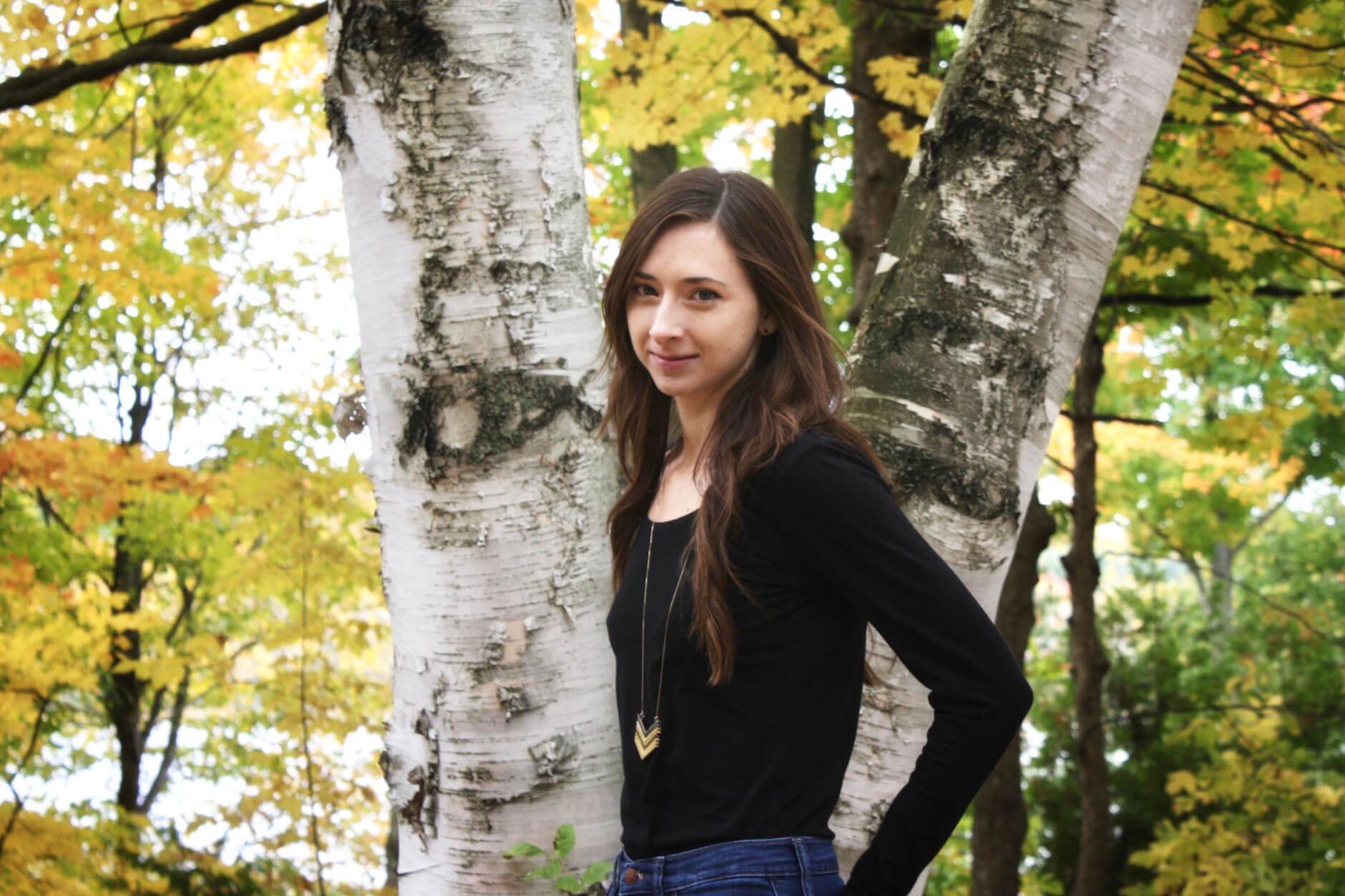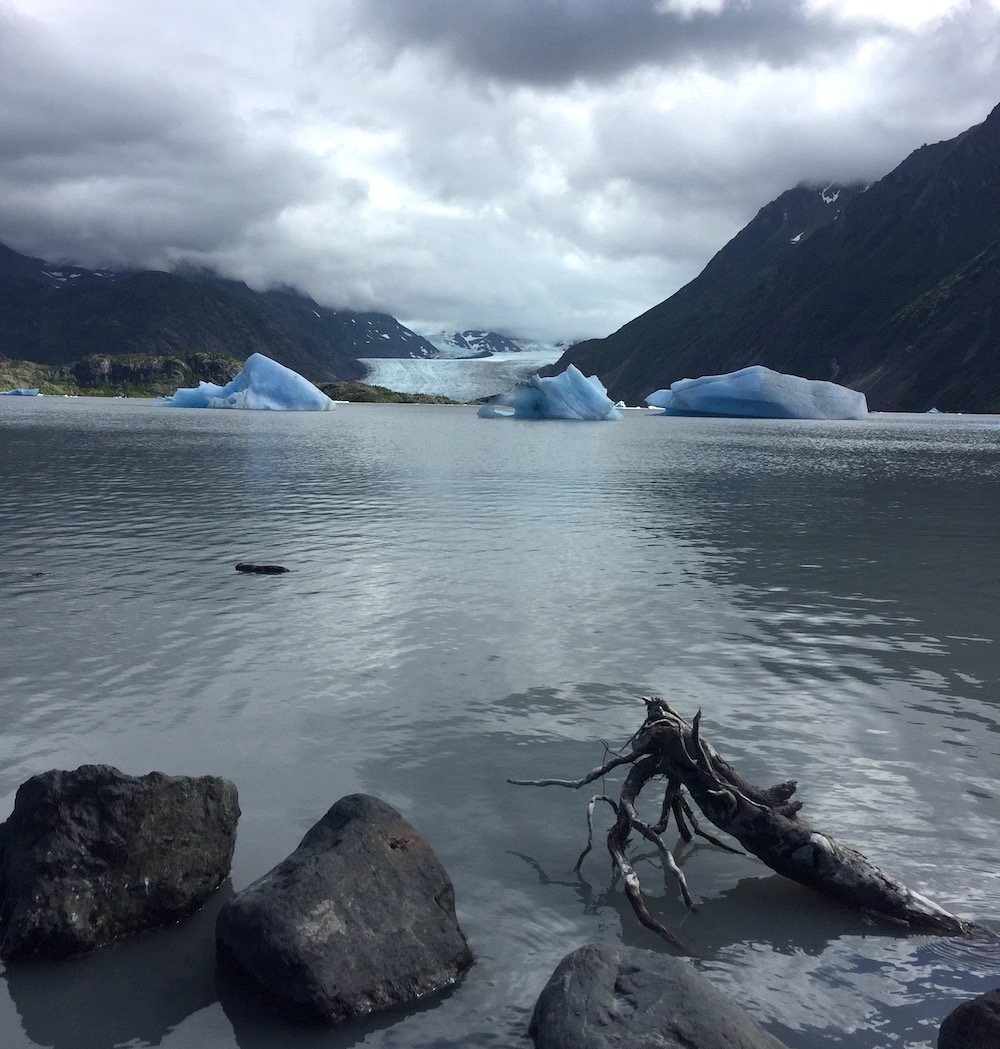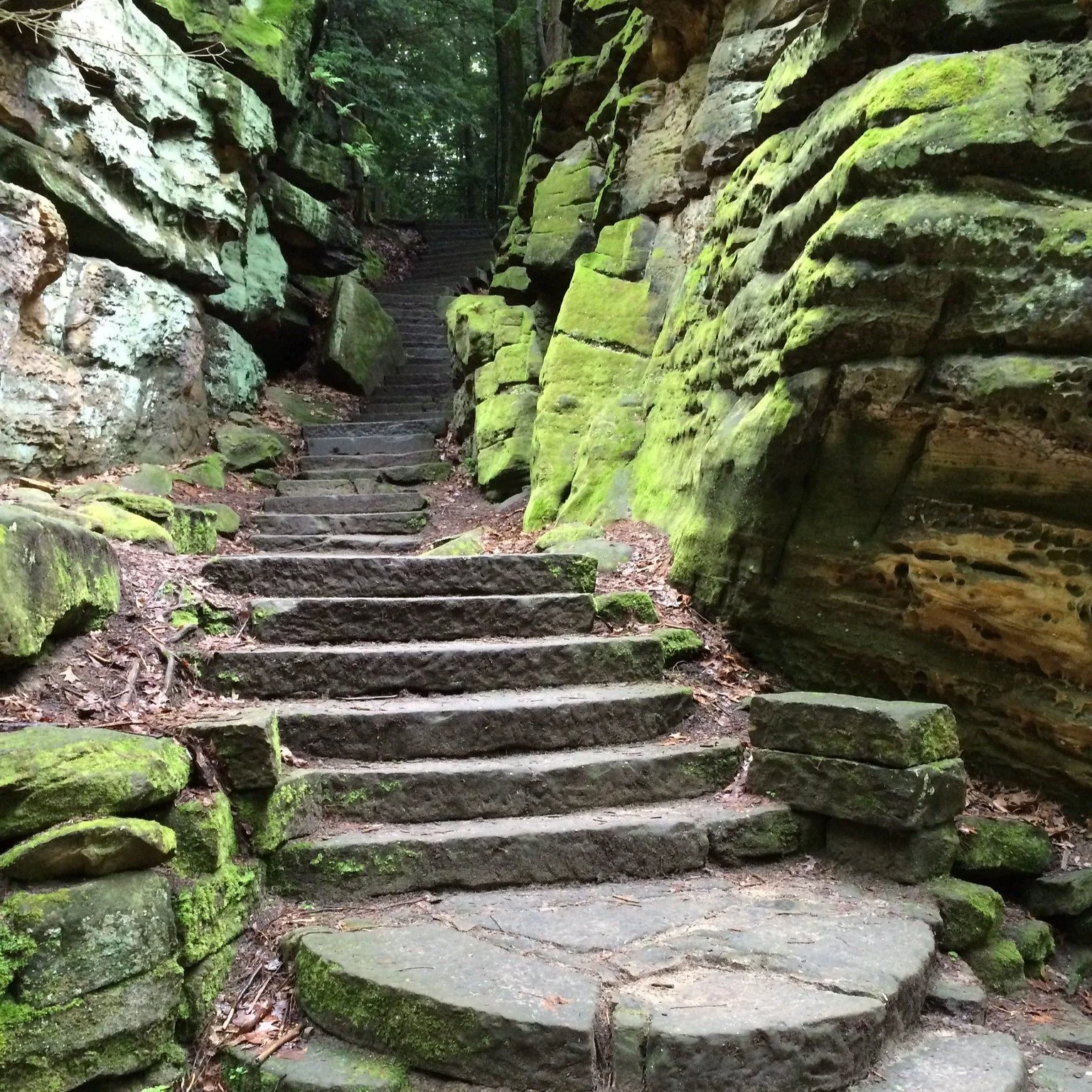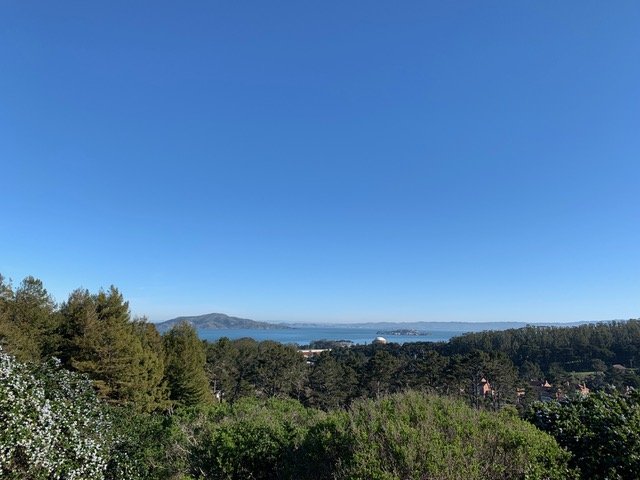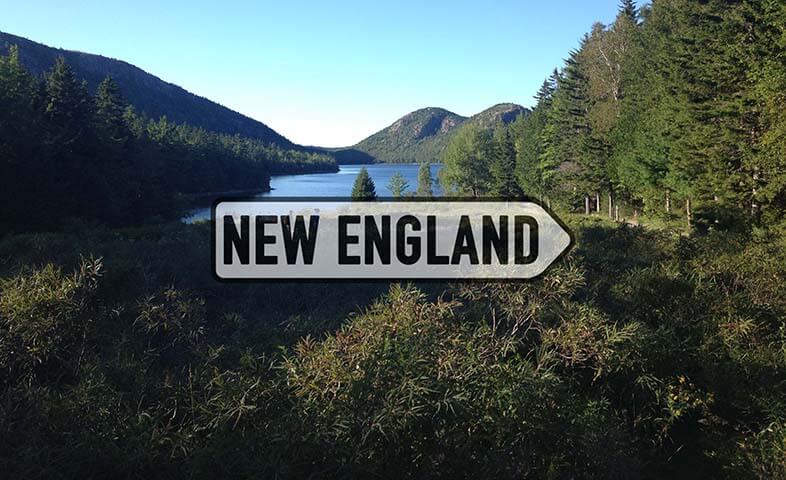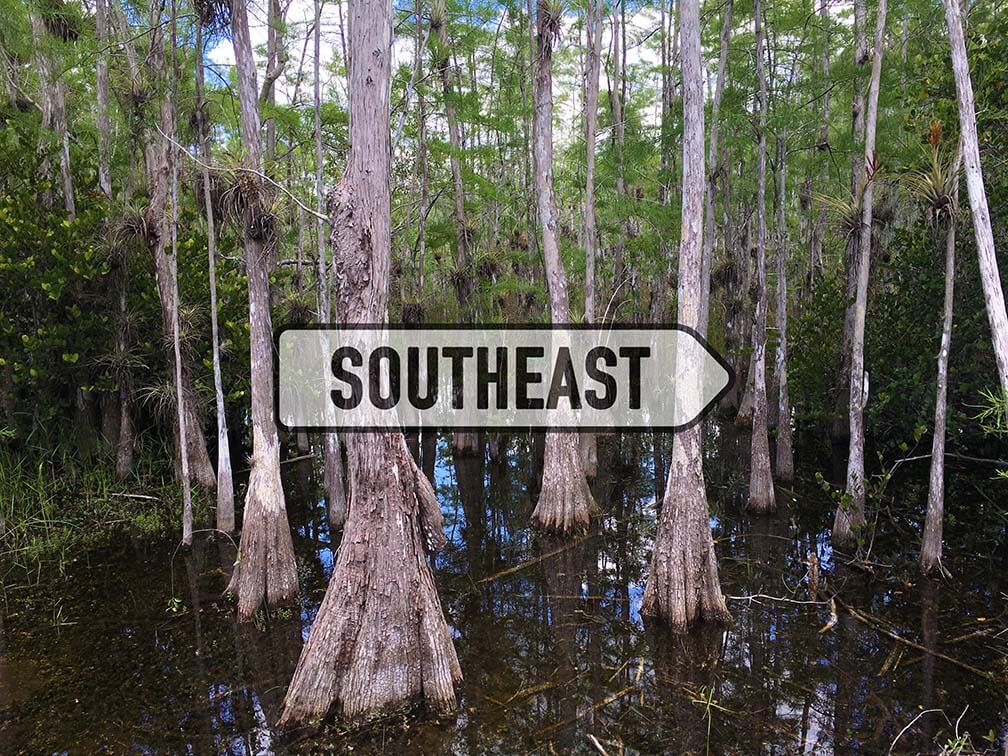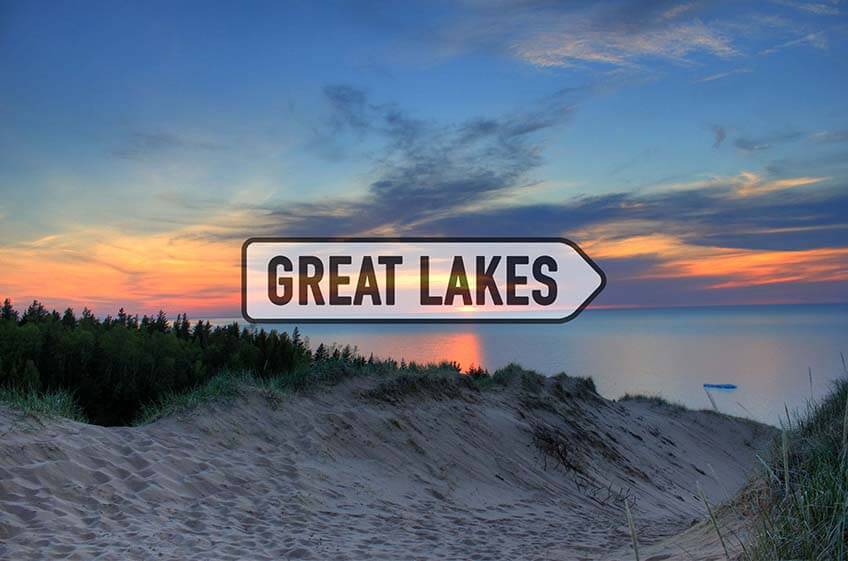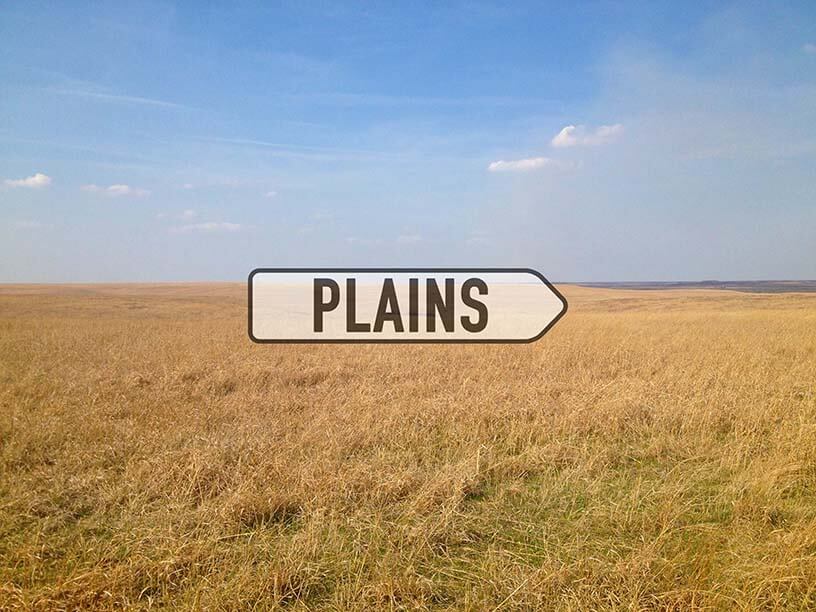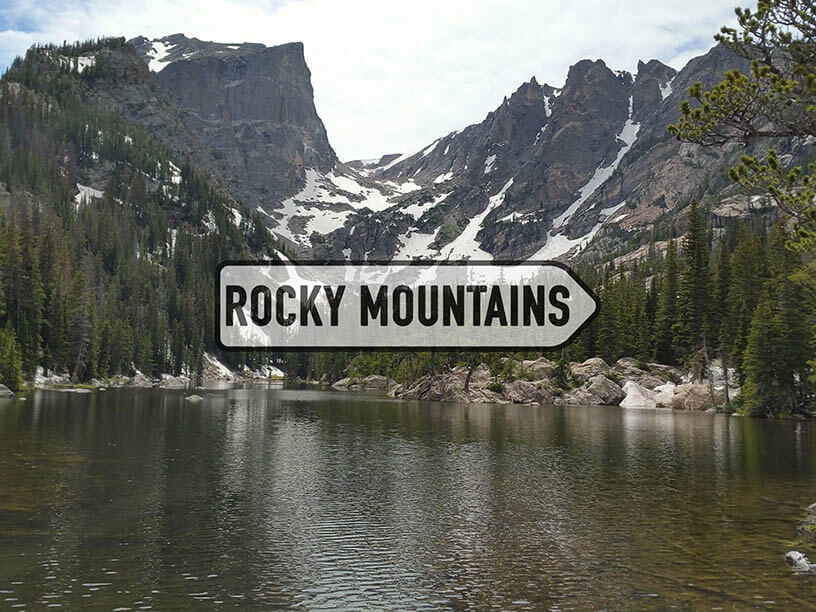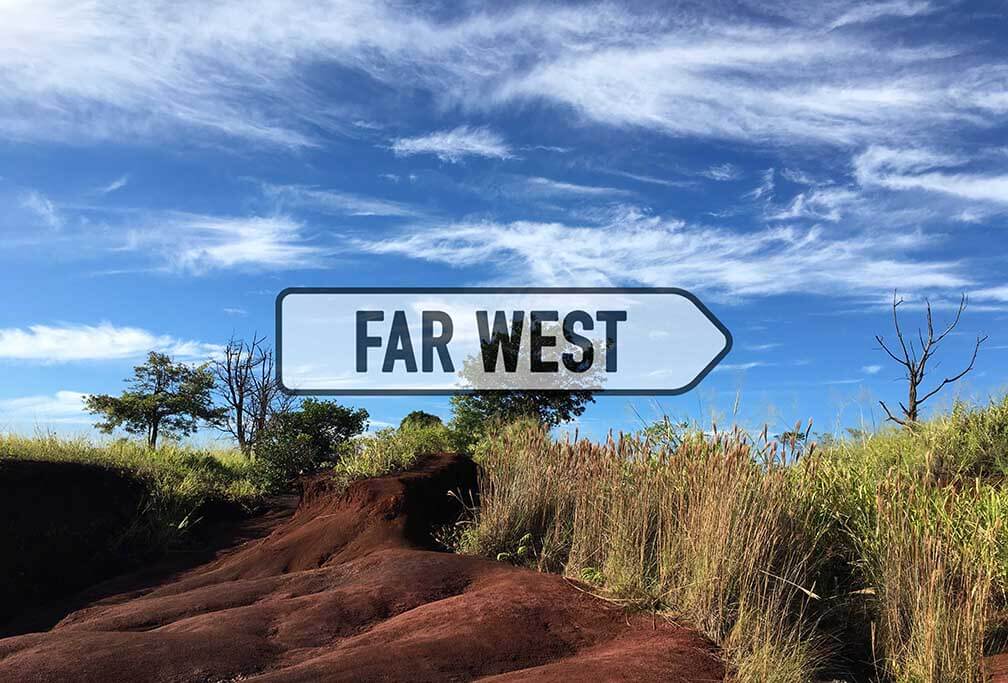I like how, when I look out
on this desert Idaho plain,
I can pretty much graze my palm
on the Pliocene—
and doing so, greet the great wide savannahs of Africa—
mossy and tree lined,
laced in saber-toothed cats,
hyena-like dogs and a half caravan
of even-toed camels.
I like how, when I look upon these bluffs,
I have to leave off acuity—
level all spectacle,
un-specimen Earth. Even so,
here blows
another tumbleweed: Be careful
with that match!
You see, my lowly
rollicking O,
I love how this lookout
offers no viewfinder.
So I must mesh with the idea
of what might have been
the lontra weiri,
Hagerman’s mystery otter,
nearly four million years ago.
Should I not add this riverine creature
was named for singer Bob Weir?
I have to admit I am way, way thankful
he fathered the Grateful Dead,
which helped bring us hippies.
That, plus those love-ins
we never quite had down in Nampa,
where I grew up, 117 miles from here:
It all instilled what I will call
gratitude’s latitude—grains of
particulate hope.
I like how standing still in this place
serves to remind
that every epochal zone
clearly inheres in us. Notice.
Most people only look
for what they can see. Oh, Great Dane-ish
Hagerman Horse: Maybe you’re Africa’s own
Grévy's zebra. Should I not grab you here
in this wayfaring now—and stiffly, by the mane,
to say yes, of course, I’m indebted?
I’m here at this look-out—the long meanwhile
whole Snake River histories
molted and soaked in
and found their shot to break free
to the bone layer
under that soil-load
dubbed by the digging biz
overburden.
Listen here, Visitor.
Lay your troubles down,
once and for everyone.
And say
can you see—hey :
here’s some binoculars : What kind
of place will we be
when I cross over
into you and you cross over into me?
This poem is based on the Hagerman Fossil Beds National Monument near Hagerman, Idaho. It contains the largest concentration of Hagerman horse fossils in North America. The monument is internationally significant because it protects the worlds richest known fossil deposits from the late Pliocene epoch, 3.5 million years ago. Its plants and animals represent the last glimpse of time that existed before the Ice Age.


